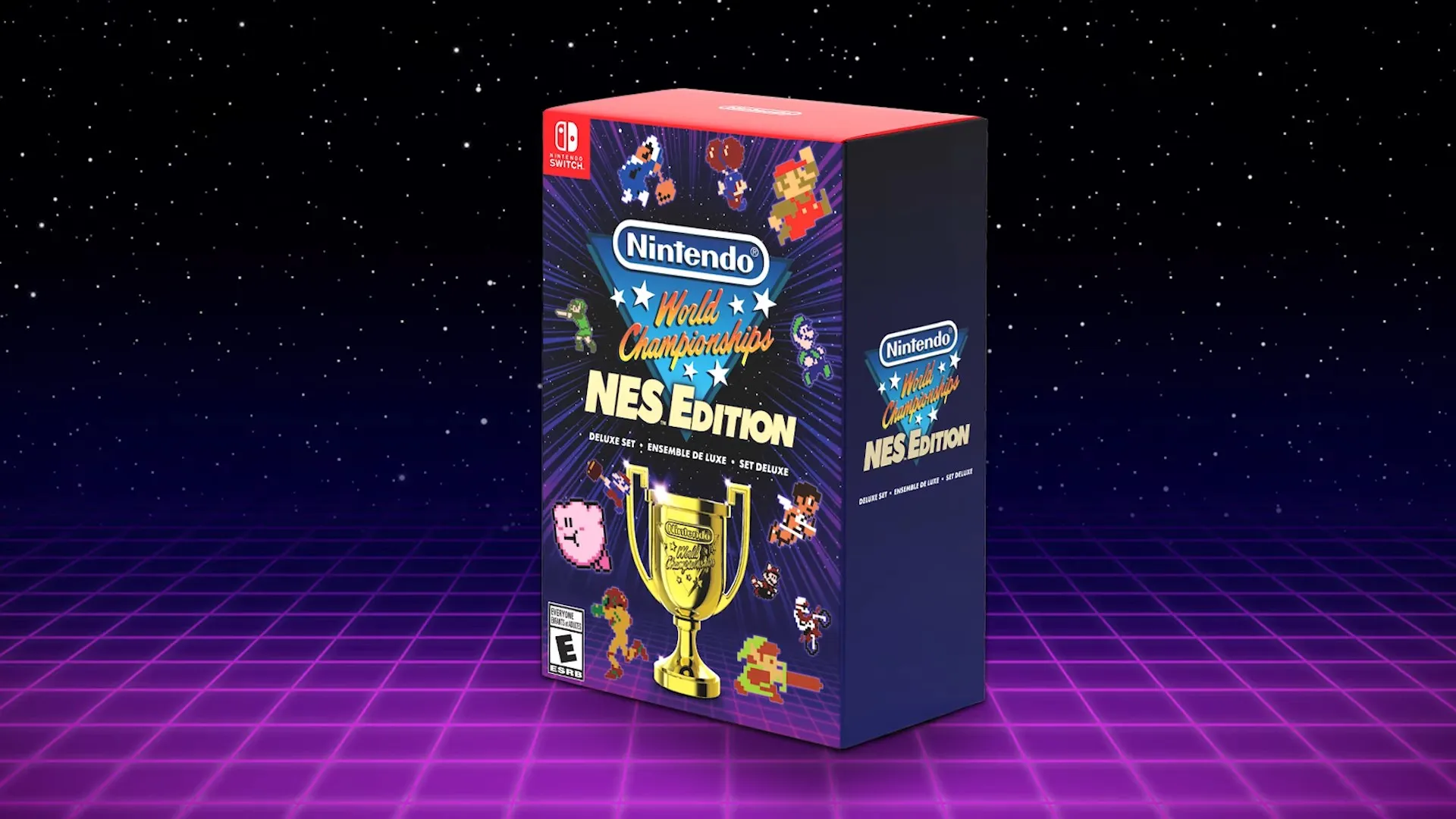In the evolving landscape of smart home technology, the Matter standard has rapidly become a game-changer, promoting an unprecedented level of interoperability among devices across different ecosystems. Launched officially in late 2022, Matter aims to simplify the smart home experience by ensuring that devices such as lights, thermostats, and security systems can communicate seamlessly, regardless of the manufacturer.
Integration and Compatibility Challenges
However, the ambition of a fully integrated smart home faces hurdles, primarily due to the slow adaptation of major platforms and some technological limitations. Despite the promise of easy setup and broad compatibility—endorsed by tech giants like Amazon, Apple, and Google—users have encountered issues. These range from devices losing functionality when switched to Matter, to complexities in maintaining connection stability across platforms.
Technological Advancements and Platform Limitations
Matter 1.2, the latest update, introduced in 2024, has expanded support to include a variety of new devices, enriching the ecosystem. Nonetheless, the real-world application has revealed some discrepancies between the theory of seamless integration and the practical experience of consumers. Users report sporadic connectivity issues and a lack of uniform functionality, which can be attributed to the varying degrees of implementation by different device manufacturers.
The Role of Big Tech
The role of leading technology companies is pivotal. Google, for instance, has integrated Matter support into its ecosystem, allowing users to connect Matter-enabled devices with Google Home easily. This integration supports local operation over Wi-Fi and Thread, promoting a more stable and secure connection. However, the broader adoption across all platforms is uneven, with some platforms still lagging in fully embracing the capabilities that Matter promises.
The future of Matter hinges on the collaborative efforts of all stakeholders involved. The standard has set the stage for a unified smart home environment, but its success will depend on overcoming the current technical and adoption challenges. As we advance, the commitment of device manufacturers and platform providers to resolve these issues will be crucial in realizing the vision of a truly interconnected smart home environment.






























